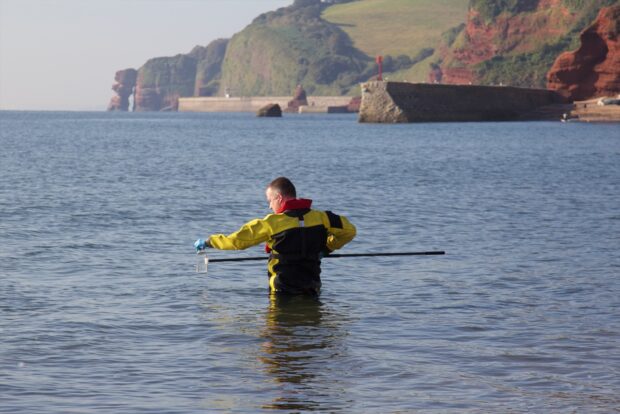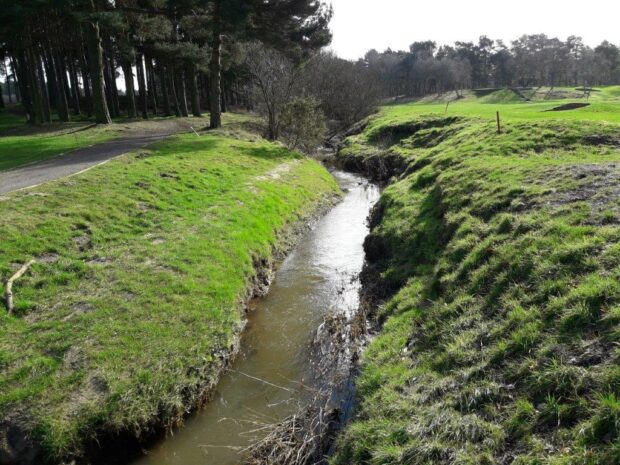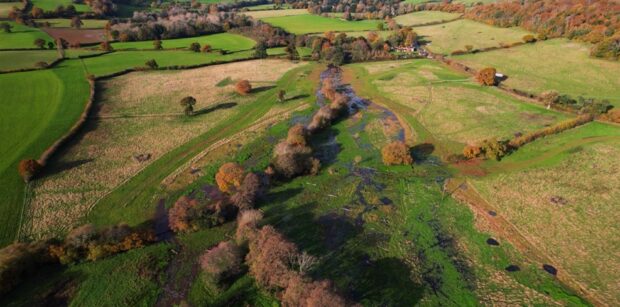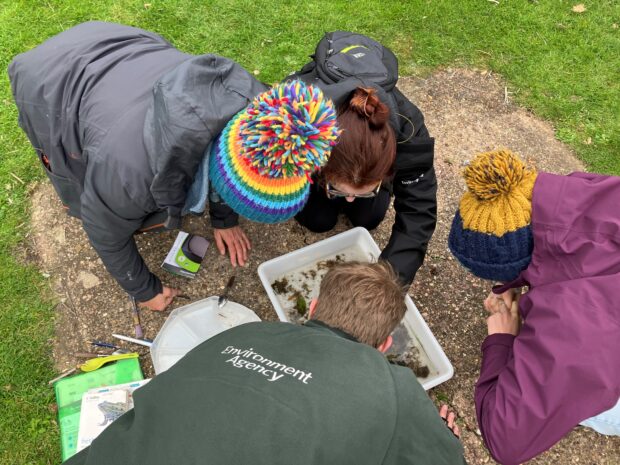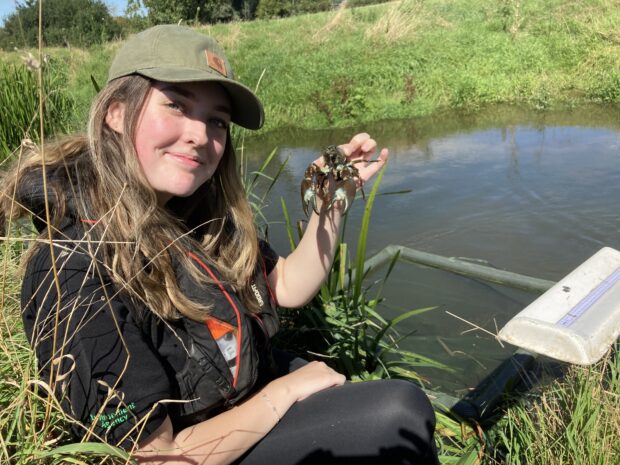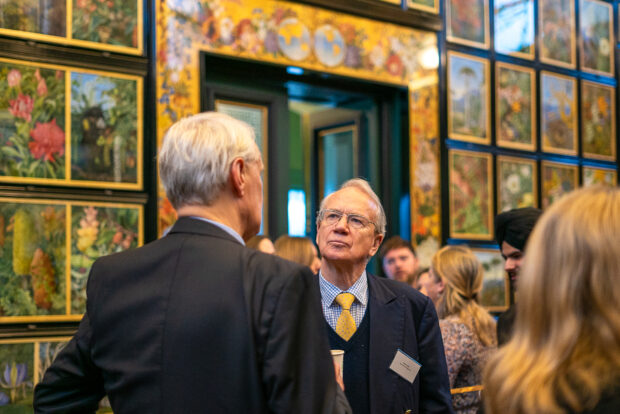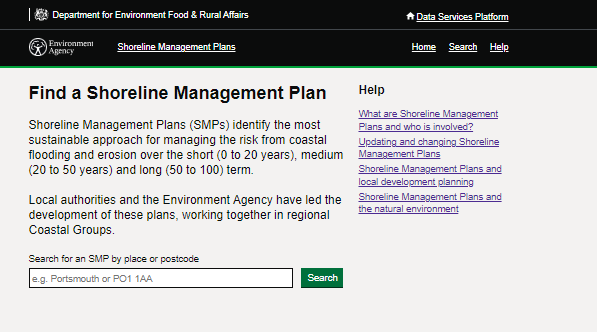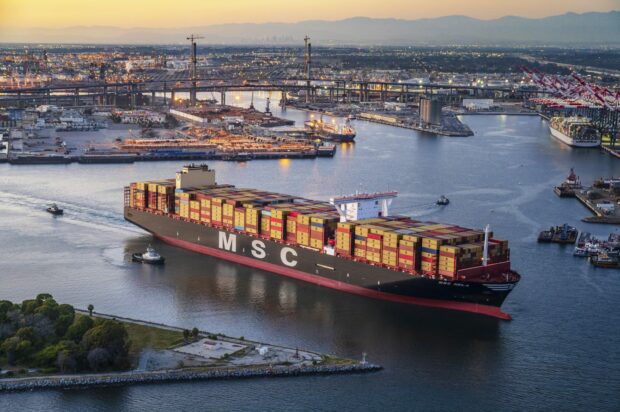Environment Agency
Our blog on 1 February explained how we approach monitoring, sampling and testing of bathing waters and our approach to keeping public informed and warned when there are short term risks of pollution which bathers would rightly want to be …
In his role as a Waste Crime Engagement Specialist, it’s Stuart Hoyle's job to identify and forge working relationships with other organisations that can help us shut down waste criminals for good. Working with partners brings additional powers and resources …
As a Catchment Coordinator for the Environment Agency, my role is quite varied. I develop projects to improve our rivers with partner organisations, I support local catchment partnerships - groups of organisations that come together to improve the water environment …
The National Trust, in partnership with the Environment Agency, are continuing work on the Porlock Vale Streams Riverlands (PVSR) Project on Holnicote Estate, West Somerset, and recently completed the River Aller Floodplain Reconnection scheme. The project started in 2018 under …
Yesterday (Sunday 11 February) marked the ninth annual International Day of Women and Girls in Science – a UN designated celebration of the massive contribution women make to the fields of science and technology. Today, we look at a hugely important …
Natalie Parkinson is a 19-year-old student from Stoke-On-Trent. A year ago, she moved to Ely in Cambridgeshire to do a five-year Environmental Practitioner Degree Apprenticeship with the Environment Agency. It’s a full-time, paid job with a finite end but, assuming …
Our chair Alan Lovell reflects on our progress to achieve government’s Environmental Improvement Plan (EIP) goals. One year ago, the government published the Environmental Improvement Plan (EIP) to halt and reverse the decline of nature in our country. With climate …
We know how important our bathing waters are to local communities and the health and wellbeing benefits they deliver. The Environment Agency has an important role to play in the regulation of bathing waters, providing scientific and legal advice to government and informing communities about where to take a dip safely.
Article written by Julie Foley, our Director of Flood Risk Strategy and National Adaptation, Environment Agency Our treasured coast is a dynamic and exciting place for all those that live, work and play there. It’s a complex environment and how …
Each year our illegal waste exports team in our National Enforcement Service stops between 200 and 450 containers full of waste that does not comply with waste export regulations, such as untreated and hazardous waste. In our blog last month, we …
